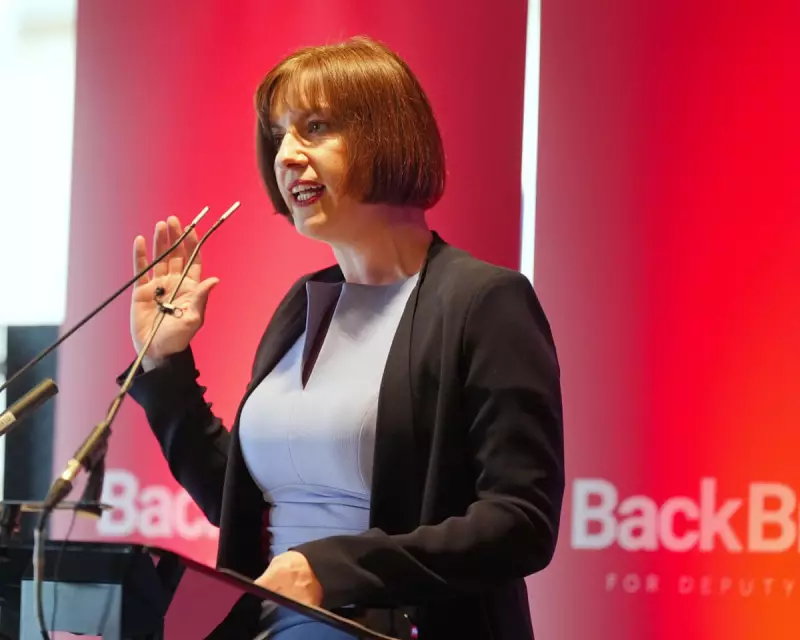
A powerful alliance of charities, cross-party MPs, and senior faith leaders is demanding the Chancellor end the "cruel and counterproductive" two-child benefit cap immediately, arguing it is the single biggest driver of rising child poverty in the UK.
The controversial policy, which restricts child tax credit and Universal Credit to the first two children in most households, is facing its most significant challenge to date. Campaigners have issued a direct plea to Rachel Reeves, urging her to "stop the shilly-shallying" and scrap the measure in the upcoming budget.
The Human Cost of the Cap
New analysis reveals the stark reality of the policy's impact. It is estimated that 1.6 million children are now affected, trapped in larger families denied crucial financial support. The cap pushes an average of 42,000 additional children into poverty annually, creating a cycle of deprivation that critics say is impossible to justify.
One parent shared her experience: "We're constantly having to choose between heating and eating. The government is essentially punishing my third child for existing. It's an inhumane policy that targets the most vulnerable."
Political Pressure Mounts on Starmer
Despite Labour's previous criticism of the cap while in opposition, Prime Minister Keir Starmer's government has so far resisted calls for its abolition, citing fiscal constraints. This stance is creating growing internal party tension, with many Labour MPs and members viewing the cap as a fundamental breach of the party's values.
The opposition, meanwhile, has seized the opportunity, labelling the government's position "morally bankrupt" and accusing it of abandoning its principles for the sake of political convenience.
A Coalition for Change
The movement to scrap the cap is unusually broad, uniting organisations from the Joseph Rowntree Foundation and Child Poverty Action Group to the Archbishop of Canterbury. Their collective message is clear: the policy is not only failing on moral grounds but also on economic ones.
Experts argue that the long-term costs of child poverty—increased pressure on the NHS, poorer educational outcomes, and reduced future productivity—far outweigh the short-term savings from the cap. They insist that investing in children is an investment in the nation's future.
As the budget negotiations intensify, all eyes are on the Treasury. The decision on whether to lift the cap will be a defining moment for the new government, signalling its true priorities and its commitment to tackling the scourge of child poverty head-on.






